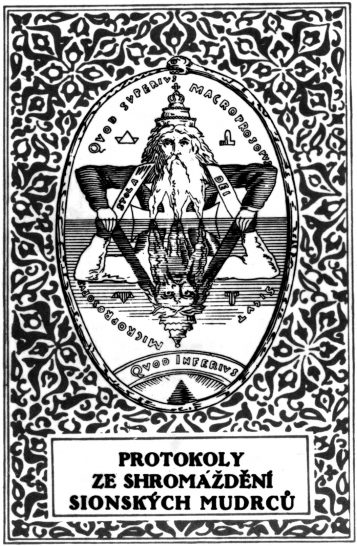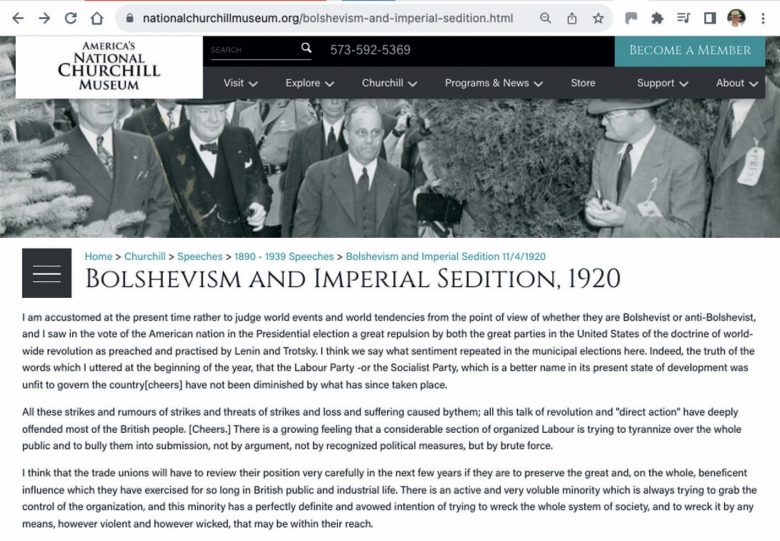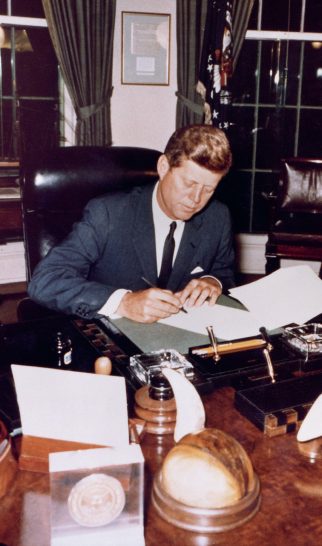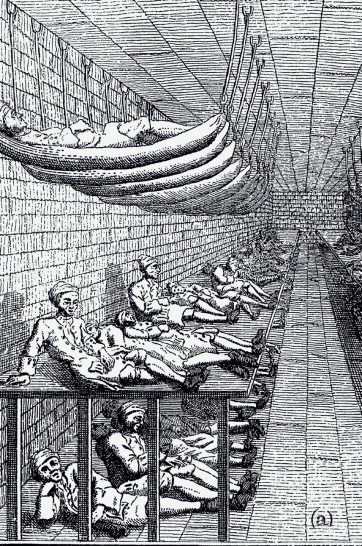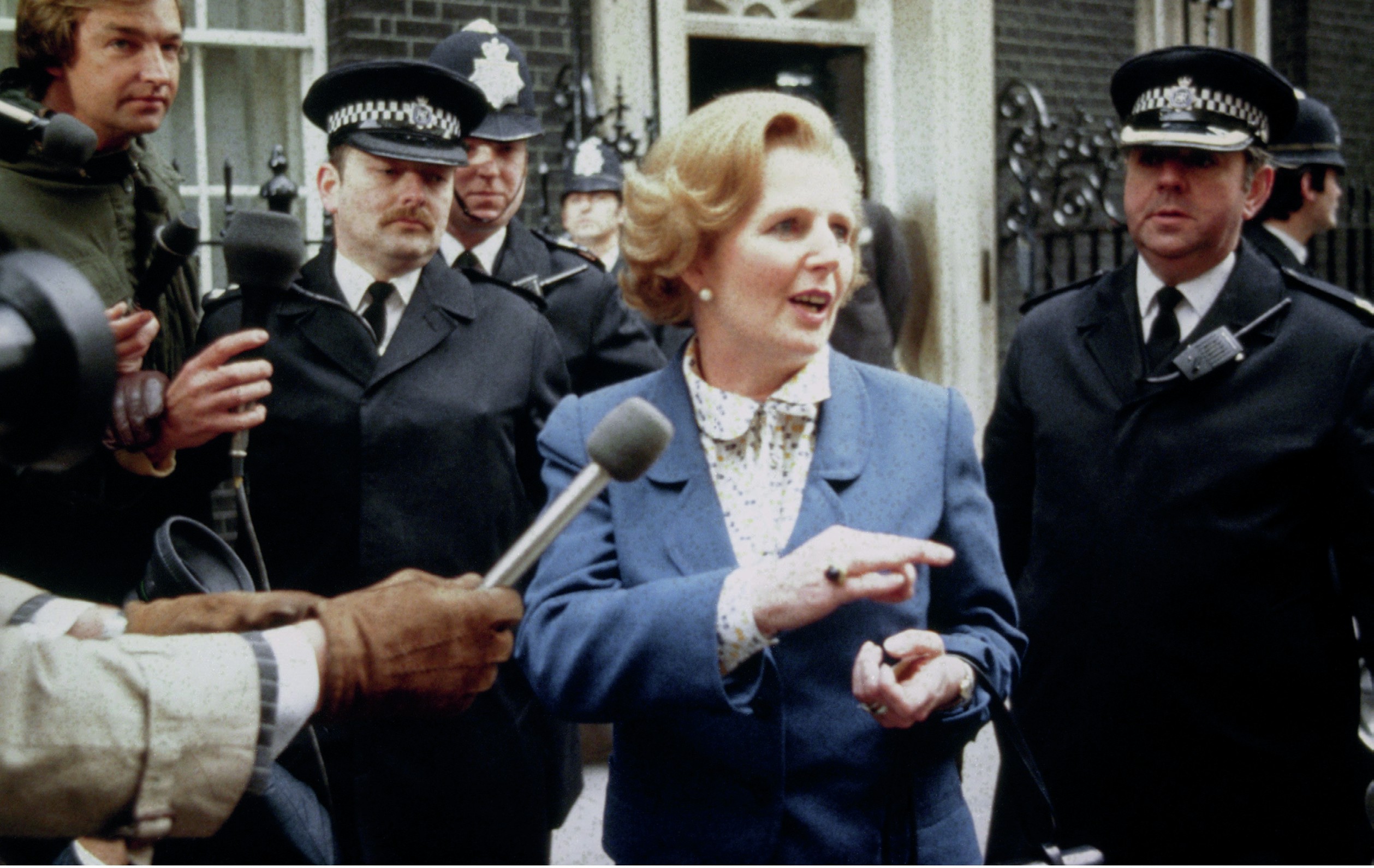
‘Astonishing and all but flawless’ or ‘one-of-a-kind, chimpanzees-pounding-on-typewriters awfulness’? When the Iron Lady was released in cinemas in January 2012, film critics were split. Their responses were hardly surprising. The subject of the film — former prime minister Margaret Thatcher — created the same differences of opinion in real life as she did on the big screen. Why was Thatcher one of the most divisive figures of the twentieth century?
Margaret Thatcher’s first general election victory in 1979 marked a turning point in British politics. Since the Second World War, Parliament had been dominated by consensus and the main political parties had broadly agreed with each other on the key issues. Thatcher brought consensus to a close. She believed that the government should reduce its role in people’s lives and individuals should take greater responsibility for the good of society rather than relying on the actions of the state. Thatcher thought that those who worked hard should enjoy the fruits of their success, and that this would encourage more people to be successful.
Your organisation does not have access to this article.
Sign up today to give your students the edge they need to achieve their best grades with subject expertise
Subscribe

